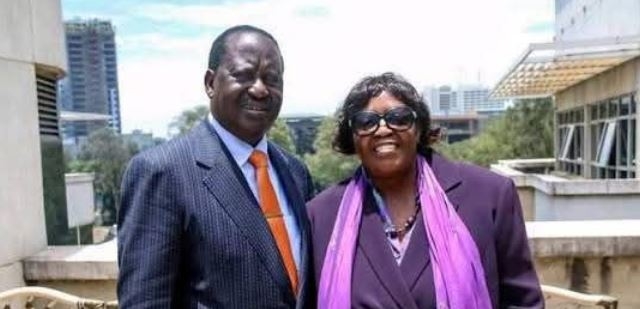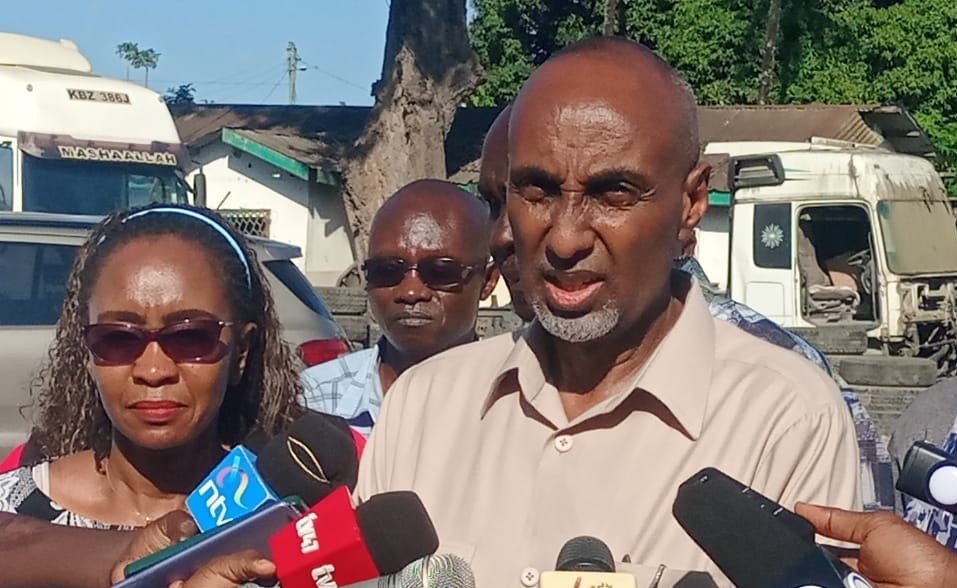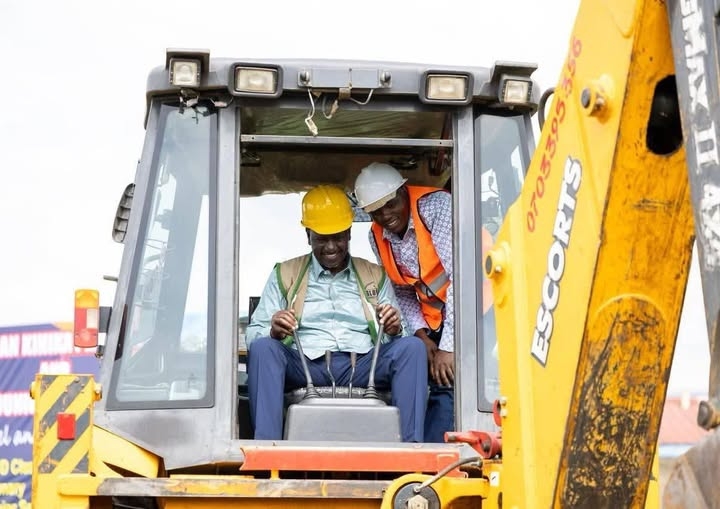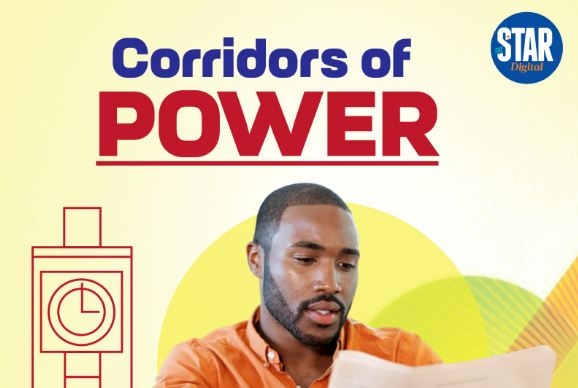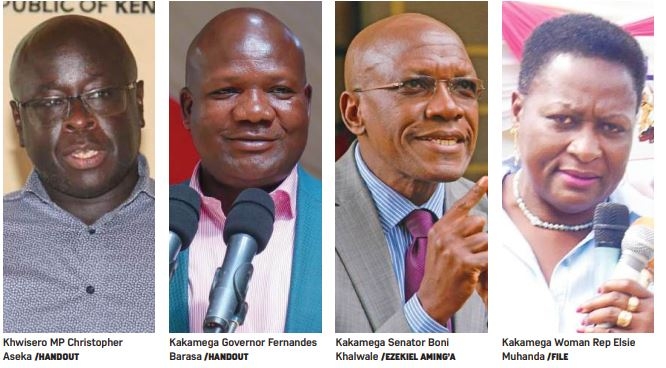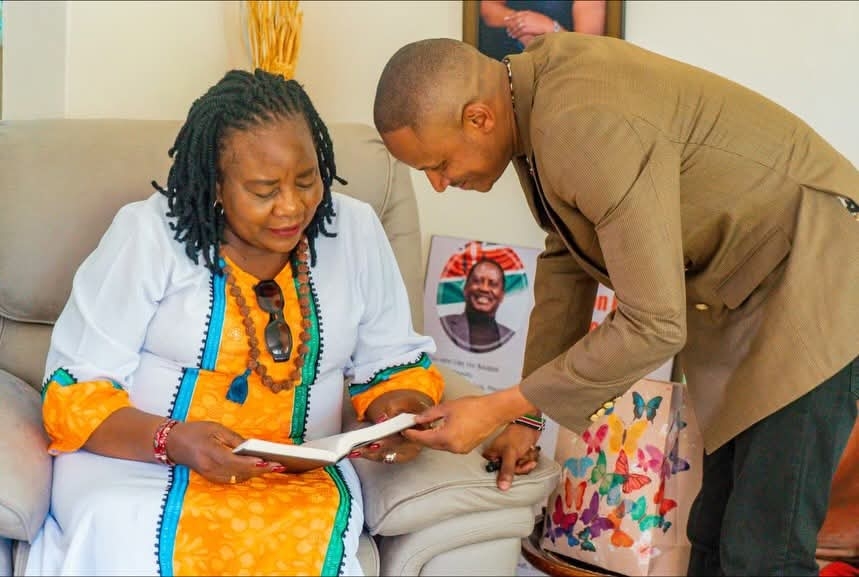Gamblers have suffered a setback after the Court of Appeal suspended a decision that quashed the 7.5 per cent excise duty imposed on the money they have set aside for gaming.
Court of Appeal judges Daniel Musinga, Abida Ali Aroni and John Mativo allowed the application filed by KRA that sought to suspend Justice Anthony Mrima’s decision issued in February, pending the determination of an appeal.
Mrima in his decision said the public was not accorded an opportunity to express themselves on the issues of gaming and lottery.
He issued a declaration that some sections of the excise duty act violated the constitution for want of public participation, stakeholder engagement and fair administrative procedures.
The orders were granted following a case filed by officials of the Association of gaming operators of Kenya.
The officials challenged amendments introduced to the excise duty act by section 32 of the finance act.
They contended that the process leading up to the introduction of excise duty on betting, gaming, price competitions and lotteries and the provision raising the tax to 30 per cent and apportioning 7.5 per cent on betting, gaming, price competitions and lotteries fell short of various constitutional edicts and other statutory provisions.
It was claimed that key industry players had not been involved in the enactment of the amendments and that public participation as contemplated in the Constitution had not taken place. Judge Mrima consented to this.
Aggrieved, KRA filed a notice of appeal and an application to suspend Mrima’s decision.
It argued that the judge issued the orders despite a confirmation that indeed there was public participation.
It claimed that unless their application is allowed, the intended appeal will be rendered useless as the excise duty act 2015 provides timelines to submit returns on gaming and lottery.
The authority contended that the disputed decision has thrown the country’s revenue collection in a quagmire, such that KRA cannot successfully implement tax compliance under several tax heads, in particular affecting its tax collection mandate on the projected revenue targets for the 2022/23 Financial Year.
Uncollected tax they argued may not be recoverable in the event the intended appeal is successful.
In allowing their application, the Court of Appeal judges said they were satisfied that the intended appeal is arguable.
They agreed with KRA that uncollected tax may therefore be unrecoverable should the intended appeal be successful.
Judges also said the officials did not provide any proof of their ability to pay the uncollected taxes if the intended appeal is successful.
That obligation they said lay squarely on them, but they did not discharge it.
“We are of the view that if we do not grant the orders of stay as prayed by KRA, the intended appeal shall be rendered useless, and KRA may never be able to recover the uncollected tax if the intended appeal is successful,” they said.
“It is the citizens who stand to lose revenue if the officials are not able to remit the uncollected tax to KRA.”



